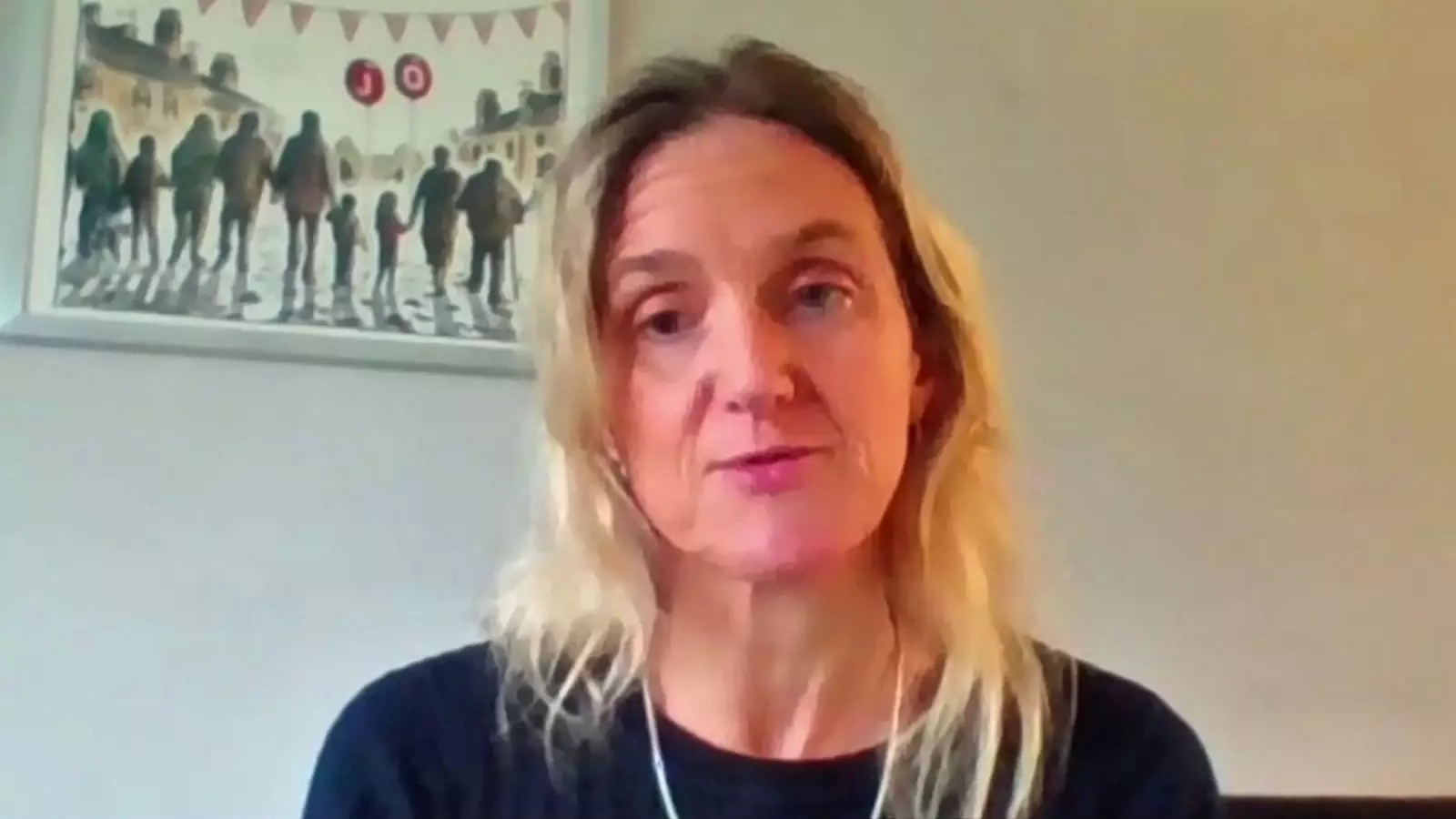The discussion surrounding assisted dying has rapidly gained prominence in political discourse, particularly in the UK, where recent developments have brought this issue to the forefront of parliamentary debates. The complexity of this legislative proposal is underscored by the contrasting viewpoints expressed by key political figures—most notably Labour MP Kim Leadbeater, who champions the cause, and Justice Secretary Shabana Mahmood, who voices significant opposition. This article explores the intricacies of the ongoing debate, the potential implications of the proposed bill, and the ethical considerations that it raises.
Ms. Leadbeater’s proposed legislation, aptly named the Terminally Ill Adults (End of Life) Bill, is framed to address the dire circumstances faced by individuals diagnosed with terminal illnesses. The bill seeks to legalize assisted dying for those who have been given a prognosis of six months or less to live. Under the proposed framework, the provision would operate with extreme caution, requiring the consent of two independent doctors and a High Court judge. This rigor ostensibly aims to safeguard against potential abuses of the system, emphasizing that the bill applies solely to terminally ill adults and excludes any possibility of broader interpretations.
In situations where individuals experience extreme and unrelenting pain, the bill positions itself as a compassionate choice, allowing these individuals to exercise agency over their own lives. However, the nuances of this legislative approach extend beyond the immediate context of terminal illness, delving deeper into societal values surrounding life and death.
The apprehensions raised by opponents of the bill—particularly by Justice Secretary Mahmood—highlight a moral and ethical battleground played out on multiple fronts. Mahmood’s assertion that the bill might lead to a “slippery slope” toward “death on demand” raises critical questions about the reliability of safeguards intended to protect vulnerable populations. According to Mahmood, framing assisted dying as a state-sanctioned option could inadvertently normalize the concept of death as a viable solution to suffering.
The reality of such concerns is exacerbated by the potential for coercion, whether overt or subtle. While Leadbeater emphasizes that coercion is explicitly criminalized within her bill, the issue remains contentious. Critics argue that even the presence of legislative safeguards cannot entirely mitigate the fear that vulnerable individuals may feel pressured to opt for assisted dying, particularly in contexts of familial, societal, or economic pressures.
Both Leadbeater and Mahmood are united in their respect for each other, underscoring a critical aspect of discourse surrounding this sensitive topic: the need for a compassionate and respectful exchange of ideas. In society, differing beliefs often intersect within domains that touch upon deeply personal experiences and convictions, such as religion. Leadbeater acknowledges that some individuals may oppose changes to the law based on their religious frameworks, a reality that emphasizes the need for a delicate balance of perspectives within public debates.
This challenge is not unique to the Labour Party; it resonates across multiple political spectrums. With the upcoming vote in the House of Commons poised to be a free vote—unconstrained by party lines—the nuances of conscience and moral belief will become the primary drivers for individual MPs. This political dynamic potentially undermines the role of party unity on contentious issues, further complicating the path ahead for assisted dying legislation.
As the debate surrounding the Terminally Ill Adults (End of Life) Bill unfolds, it remains imperative for all parties involved to engage in informed and respectful discussions. Understanding the deeply held beliefs and fears of both proponents and opponents of assisted dying legislation will be crucial in navigating this complicated terrain. While Leadbeater has expressed strong conviction in the bill’s safeguards and intentions, the broader implications warrant a careful and conscientious examination.
Ultimately, the question of assisted dying is not merely a legal one; it taps into profound ethical, societal, and personal dimensions. The journey to formulate a consensus on such matters—where life and death intersect—demands empathy, understanding, and a willingness to confront the uncomfortable nuances of human existence. As society moves forward, the reflections and decisions made in this critical juncture will undoubtedly shape the future landscape of healthcare and individual autonomy in the face of suffering.

